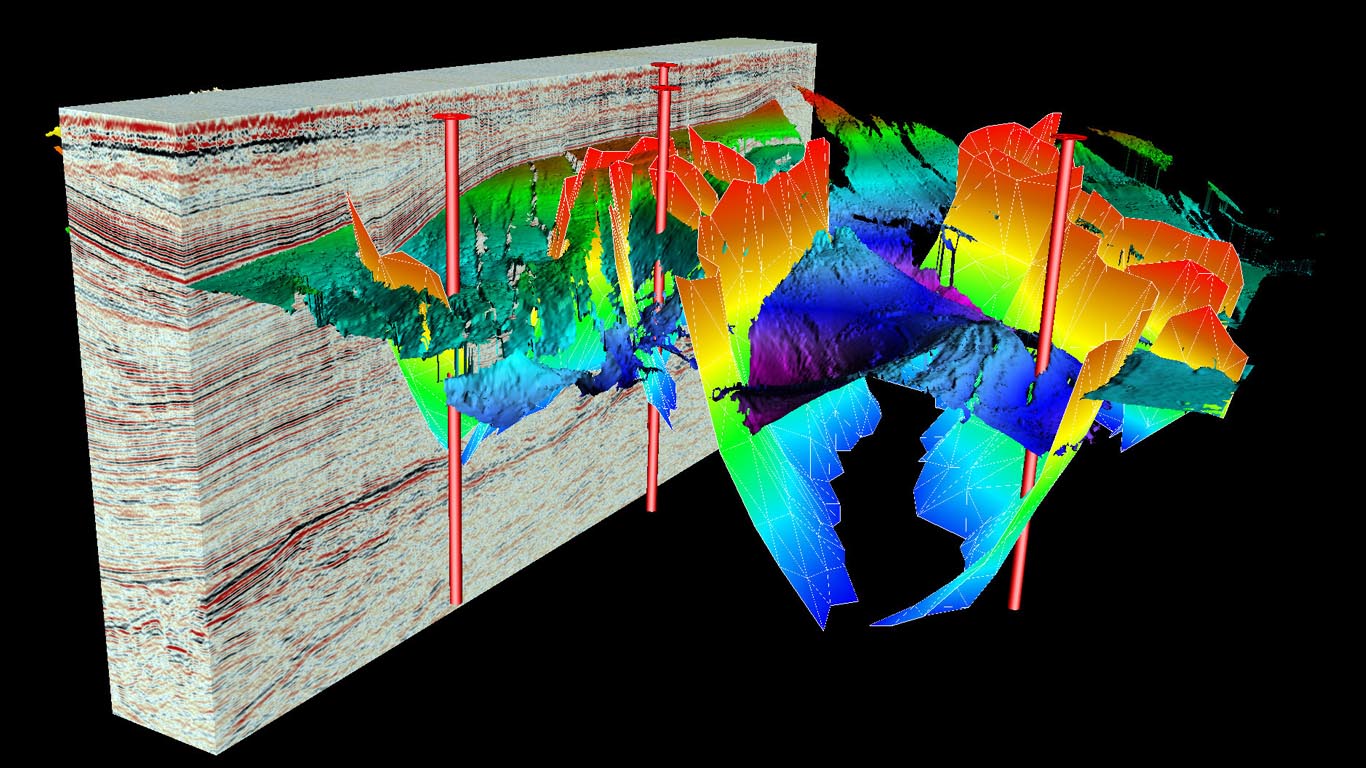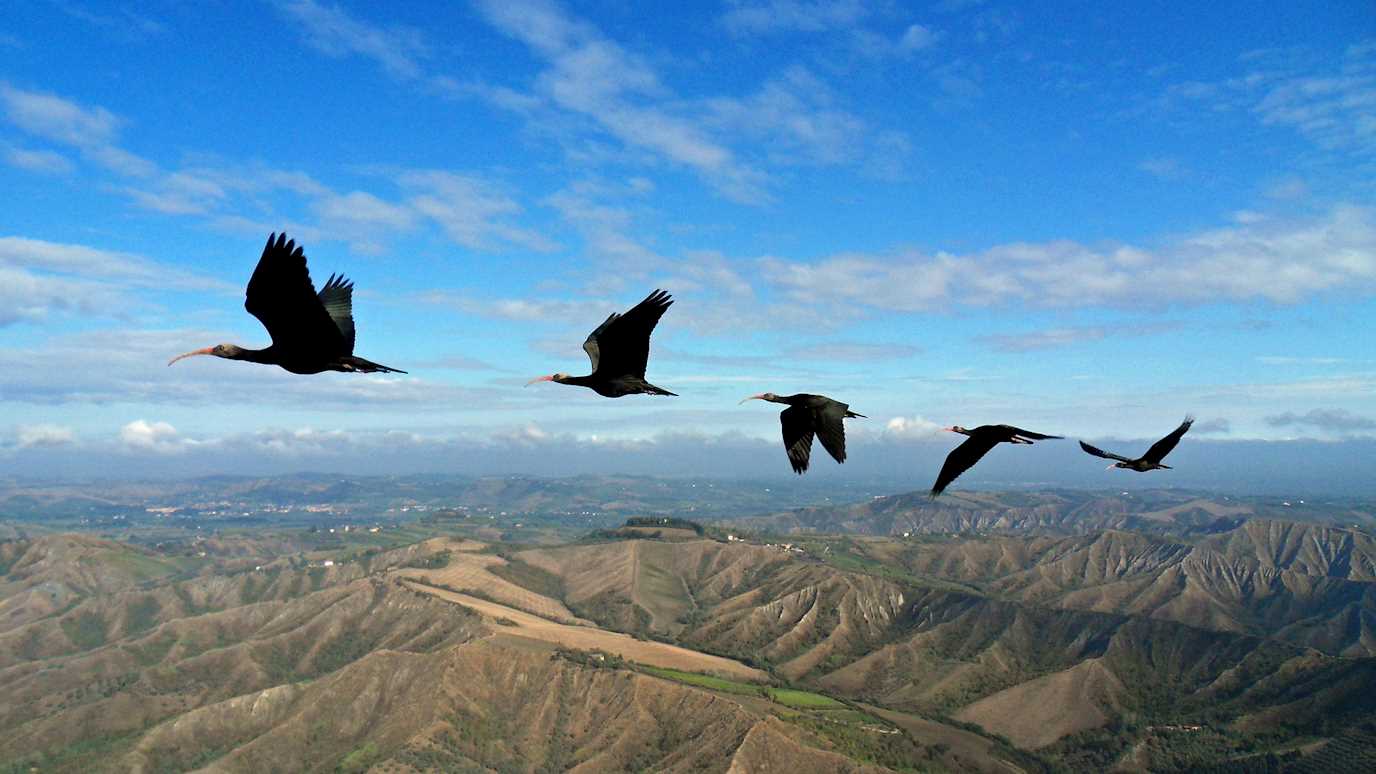The Drifters Research Group focuses on deep-water marine processes to assess the role of bottom-currents on sedimentation.
Their research has led to improved decisions by policymakers in determining the boundaries of sea frontiers (United Nations) and informed policymakers and industry in hydrocarbon exploration and telecommunication, leading to better exploration of economic resources and management of the marine environment. It has also supported industrial development of new models for marine sedimentation, resource exploration and carbon dioxide sequestration, which in turn has led to the exploration of energy resources, improved environmental conditions and a reduction in the effects of global warming.
Developments in deep-water exploration
Led by Professor F.J. Hernández-Molina, from the Department of Earth Sciences, The Drifters Research Group have developed a close collaboration with the energy industry in relation to developments in deep-water exploration, reservoir evaluation and development. Successful collaboration with oil companies is based on the transfer of knowledge about criteria to identify deposits affected by deep marine currents (contourites) and where sandy deposits and organic matter rich sediment could be located within these deposits. Collaborative knowledge exchange has led to industry shifting their exploration approach into deep-sea sediments and evidence from our research group on deep-water sands have assisted their detection along many continental margins.
Identifying cable risk zones
The Drifters Research Group has collaborated with companies who operate in the deep marine environment through laying telecommunications cables. There are currently more than 1,500,000 km of cables on the seabed, and the space in locations in safe seabeds is considerably reduced. The knowledge generated by the research group has assisted in identifying risk zones, including passages through straits and areas vulnerable to deep sea currents, as pinch points due to sea floor irregularities. The cost implications are very high when submarine cables are damaged or broken since repair of a cable costs at least $1 m. In addition, there can be huge commercial and financial losses for the companies which actually use the cables, particularly banks and financial institutions.
Shaping policy through research
Professor Hernández-Molina, F.J. has acted as scientific advisors to the United Nations and governments six time since 2001. The research has provided some information for determining the extent of the Juridic Continental Shelf by UNCLOS (United Nations). The coastal state has sovereign rights for the purposes of exploring and exploiting, conserving and managing natural living or non-living resources of the waters superjacent to the seabed and of the seabed and its subsoil. We have advised and shaped works considering new types of margins affected by bottom currents for evaluating the proposal of the coastal states.






















